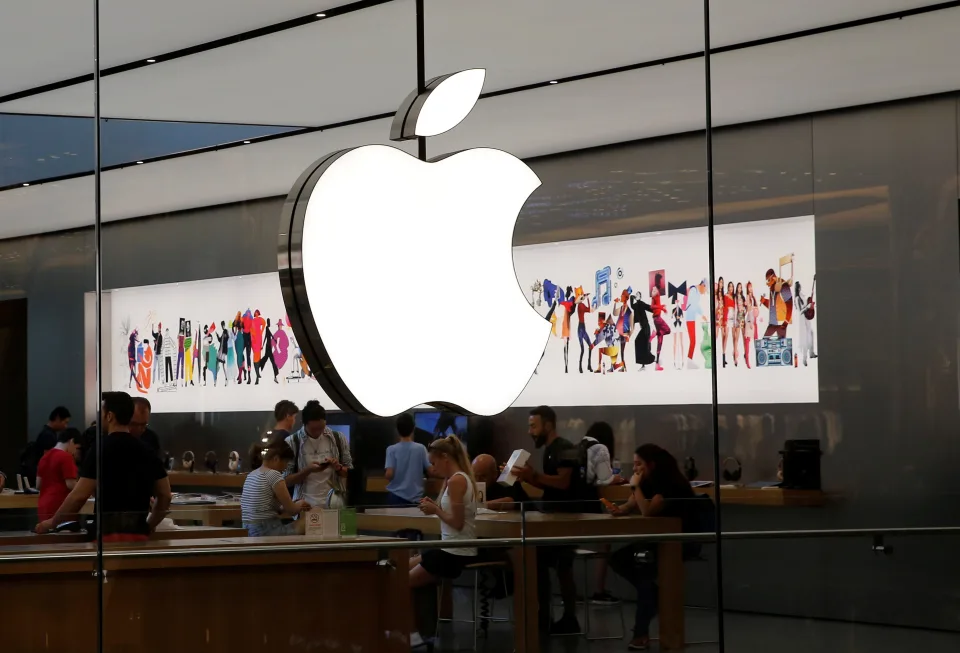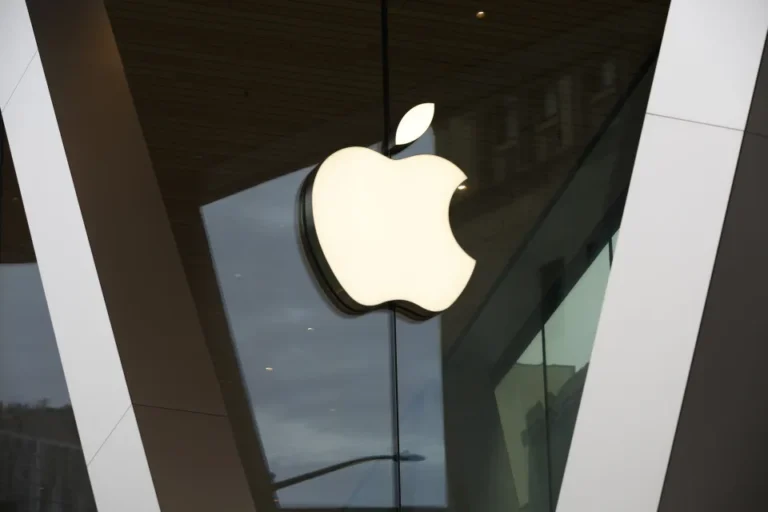Additionally, the bloc initiated a new inquiry into a potential violation of the Digital Market Act over another matter.
In response to a regulatory action taken by officials from the European Union, Apple may be subject to a fine that is equal to up to ten percent of its yearly income from all revenue sources worldwide. According to the preliminary findings of the investigation, the bloc asserts that the firm violated the norms of the Digital Markets Act (DMA) by not allowing developers associated with the App Store to openly inform customers about alternative payment alternatives that are not associated with Apple’s ecosystem.
If Apple is found to be in violation of the DMA’s severe sanctions, the company might be subject to a fine that is in the tens of billions of dollars. If a breach of the DMA is committed more than once, the sanctions can go up to twenty percent of the total yearly income worldwide.
This inquiry of Apple was initiated in March by the European Commission, which is the executive part of the European Union. It has a period of one year to complete the preliminary findings, beginning with the date when it began. Additionally, according to The Financial Times, this is the first regulatory action that has been taken under the DMA.
It has been determined by the European Commission (EC) that Apple has violated the so-called anti-steering laws. The DMA mandates that major technology businesses must allow third-party developers to notify customers about other ways to make purchases without charging developers for doing so. This obligation applies to organizations that are subject to the DMA.
During the course of their preliminary investigation, the officials came to the conclusion that none of Apple’s revised rules let developers to openly encourage customers to use alternative payment methods. According to the EC, Apple does not permit developers to inform users of the amount of money they could save by purchasing somewhere else.
According to the Commission, Apple almost exclusively permits developers to make use of link-outs. This means that developers are permitted to incorporate a link to a web page in order to complete a payment. “The link-out process is subject to several restrictions imposed by Apple that prevent app developers from communicating, promoting offers and concluding contracts through the distribution channel of their choice,” according to the European Commission.
In addition, regulators stated that although Apple is legally authorized to obtain a payment for assisting developers in locating new users through the App Store, “the fees charged by Apple go beyond what is strictly necessary for such remuneration.” For instance, they point out that developers are required to pay Apple a fee for any purchase of digital services or goods that people make within seven days of an app link-out. This requires developers to pay Apple a fee.
If a developer makes a purchase through the App Store, they are required to pay a fee of up to thirty percent of the total amount (Google levies a similar fee for transactions made through the Play Store). In light of this, developers are in a position to provide customers with more affordable prices if they make purchases outside of the App Store.
In the year 2020, Epic Games informed users of Fortnite through the mobile applications of the game that they could purchase V-Bucks from the developer directly, thereby reducing the amount of money they spent on the virtual currency. Almost immediately, Apple and Google removed the game from their own app marketplaces, which started a series of legal disputes that are still going on. Nevertheless, Epic intends to create its own mobile app store in the European Union (EU) and re-release a mobile version of Fortnite in the bloc later this year. This is all because to the Digital Marketing Act (DMA).

Apple sent a statement to newtechmania in which it said, “Over the course of the past few months, Apple has made a number of changes to comply with the DMA in response to feedback from developers and the European Commission.” Under the new business conditions that we have developed, we are sure that our strategy is in compliance with the law, and we estimate that more than 99 percent of developers will pay Apple fees that are the same or lower than they would have otherwise. You have the opportunity to take advantage of the capabilities that we have offered, which include the capability to lead app users to the web in order to finish purchases at a very competitive cost. This possibility is available to all developers who are conducting business in the European Union on the App Store. In the same manner that we have always done, we will continue to interact with the European Commission and listen to what they have to say.
Earlier this year, the European Union (EU) issued a fine of €1.8 billion ($1.95 billion) to the corporation for violating anti-steering regulations. This was the most recent instance in which the company found itself in a similar situation with the EU. Apple allegedly banned third-party developers of music streaming applications from informing iOS customers that they may pay less for subscriptions if they signed up outside of Apple’s ecosystem. This was one of the allegations made by the Commission. Apple’s formal challenge to the fine has been submitted.
Additionally, the European Commission has initiated a new investigation into Apple in regard to a possible violation of the DMA. The group has voiced their disapproval of the increased fees that Apple is imposing on developers “to access some of the new features enabled by the DMA.” These payments include the ability to provide a marketplace for third-party applications as well as the option to download applications through other channels, such as the internet. It has been brought to the attention of the EC that Apple continues to permit developers to continue operating under an earlier agreement, which does not permit them to make use of alternative distribution channels.
Software developers that agree to the new rules will be required to pay what Apple refers to as a core technology fee. After the first million users have been reached, this corresponds to a payment of €0.50 per user for each passing year. The price, which was revealed by Apple in January, is applicable even to downloads from app stores that are affiliated with third parties. A number of Apple’s competitors have voiced their disapproval of the company’s new conditions, as well as the revised regulations regarding payments made to third parties in the United States. Apple’s decision to exempt non-commercial and small developers from the core technology cost was made public a month ago.
A further investigation is being conducted by the EC to determine whether Apple is making it too difficult for customers to install apps and marketplaces that are provided by third parties. “the eligibility requirements for developers related to the ability to offer alternative app stores or directly distribute apps from the web on iPhones,” which includes the necessity to have a developer account that is in good standing, is the subject of the third piece of the investigation.
The deployment of Apple Intelligence, which is the company’s designation for a suite of generative artificial intelligence technologies that will debut in iOS 18, as well as several other features in the European Union, was postponed, according to a statement released by Apple on Friday. According to a statement made by the corporation to Bloomberg, “We are concerned that the interoperability requirements of the DMA could force us to compromise the integrity of our products in ways that risk user privacy and data security.”

